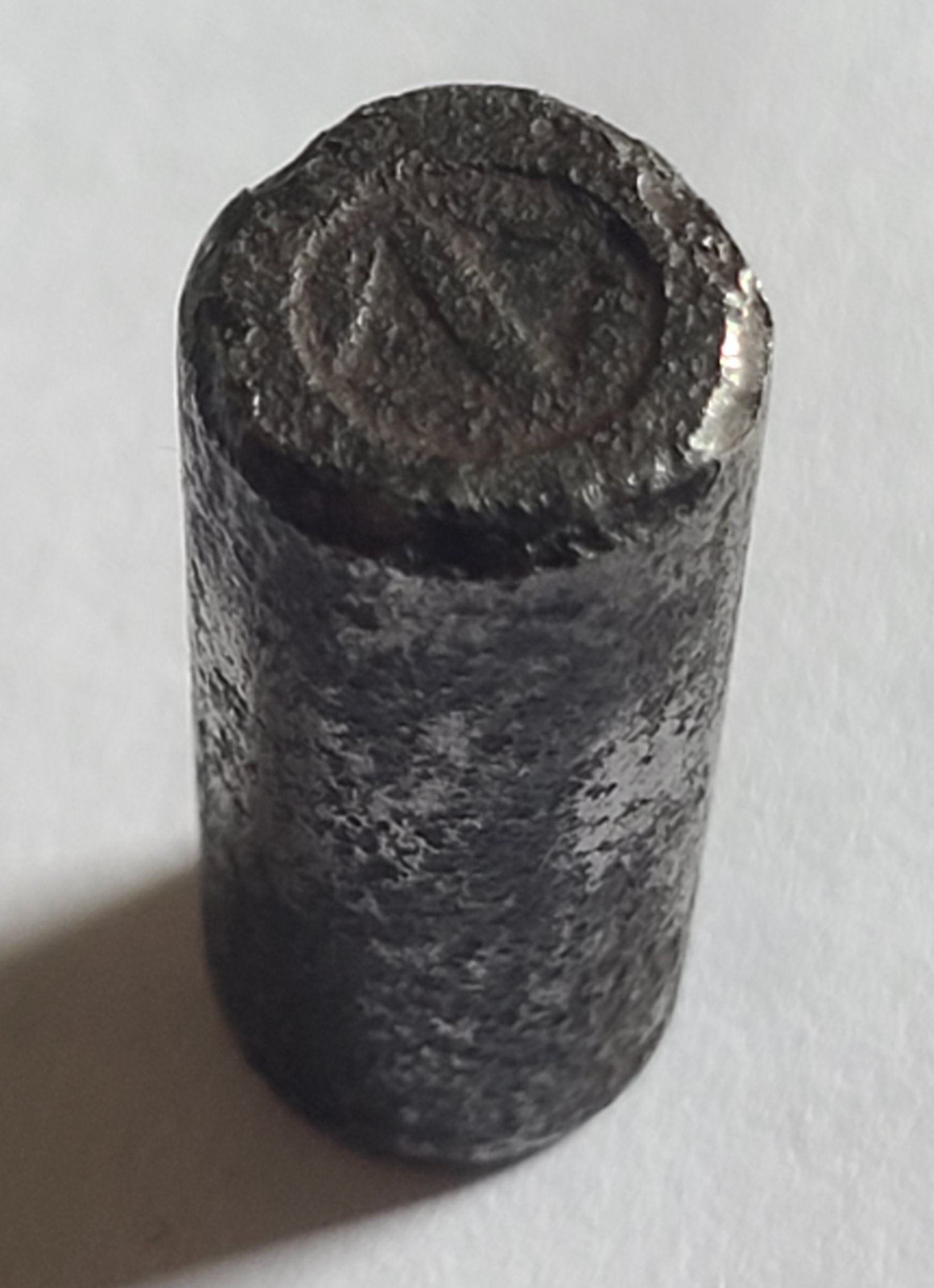No detectable amount of tritium has been found in fish samples taken from waters near the crippled Fukushima No. 1 nuclear plant, where the discharge of treated radioactive water into the sea began a month ago, the government said Monday.
Tritium was not detected in the latest sample of two olive flounders caught Sunday, the Fisheries Agency said on its website. The agency has provided almost daily updates since the start of the water release, in a bid to dispel harmful rumors both domestically and internationally about its environmental impact.
The results of the first collected samples were published Aug. 9, before the discharge of treated water from the complex commenced on Aug. 24. The water had been used to cool melted nuclear fuel at the plant but has undergone a treatment process that removes most radionuclides except tritium.
ignorance and paranoia about radioactivity go hand in hand.
i know so many otherwise smart people who lose it on this issue. because they just think any radioactivity = destroy planet forever . completely ignorant to how it actually works, and just think every power plant must eventually chernobyl and that one barrel of nuclear waste is enough to destroy 1000s of miles or something equally absurd.
totally sad.
I think most reasonable objections to this were that they would be unable to filter out the actual bioaccumulating radioisotopes from the water and it should’ve been kept in retention. In the end you either trust they will or not. I trust they will.
Water eats beta- and even alpha particles in a small radius. Ionized water even more so.
The sea is vast. A pond is but a drop to the sea.
It wasn’t a decision to be taken lightly, but it was a good gamble.
Nobody’s particularly concerned about the actual radiation of the tritium. It’s just that it is actively picked up by your body and used like any other water with the same biological half life of water at 7 days. It can cause some problems in that time. It’s not really a problem of it getting integrated into anything, since all it’ll do is knock itself off of and destroy whatever it gets incorporated into when it decays.
I don’t understand why people think concentrating it and keeping large quantities on-site is preferable to heavily diluting and releasing it. A giant vat of radioactive water sounds like another disaster waiting to happen.
Because they don’t believe that they’ve removed the heavy metals that end up in the food web and sitting in the littoral area seabed until it’s picked up by lifeforms again. Tritium dilutes, but fission products do not.
I remember commenting on a post where China condemned Japan for doing this.
I asked ppl there “is this actually bad or is this kind of par for the course of getting rid of the dangers left behind in Fukushima?” And most of them were like “it’s not a common occurrence but it’s not inherently dangerous and it’s not that big of a deal”
To me it looks like the vast majority of objections to this came from strategic propaganda related to domestic relations of China and/or other nations.
Its also classic anti-nuclear power FUD.
If their reporting of the quantity of tritium is accurate, India’s candu style plants release more incidentally than this will.
Which is what the experts have been saying since the beginning, but the anti-nuclear propagandists explicitly ignore the experts.
Fantastic news! so many people are so afraid of the word “nuclear”, and don’t understand how large of a volume the ocean is. the lethal dose of Fentanyl is like the size of a grain of rice. Put all of the known legal and illegal volume of fentanyl into the ocean and it would be undetectable.
Happy to pay the bills, Otto
I for one would like to try this “nuclear fish”…preferably crumbed, deep fried and doused in lemon juice. With a serve of fries.
For people genuinely interested in the nuclear industry, only listening to the cheerleaders and Dunning-Kruger advocates is a bad idea.
Go look at nuclear from extraction of materials, to refining of materials, plant risks and histories of disasters, waste and waste management issues,extraction. (ie There are superfunds sites in Washington state still being cleaned up from WWII bombing materials exteaction.)
Pro nuke shills normally like to just cherry pick a slice of the nuclear energy life cycle to fit confirmation bias and or intentionally do it in bad faith.
Yes Nuclear has a LOT of positive potential, but it’s also got significantly higher risks (many magnitudes larger) as the history of disasters, exteaction, and waste management will show you.
This article like a lot of the comments are just pro nuke propaganda. None of these guys have empirical studies on the propagation rate of contamination through the food web for constant regular radioactive dumping. They don’t have exhaustive studies on all the vectors by which the contaminates enter the food chain. There has not been nearly enough time since they started dumping to make the assertions being made here, and NO–64 fish is not a large enough sample size… and on and on.
What you’re reading here is wishful thinking and either inentional lies, or people who think they know more than they do demonstrating Dunning-Kruger.
Sample size is critical to get a realistic result of the tritium toxicity. In this case, they sampled only two fish! That would not yield a statistically significant result!
Samples of local fish have been collected at two points within a 5-km radius of the discharge outlet, except during rough weather conditions, with the agency announcing its analysis results on an almost daily basis since Aug. 26.
No tritium was detected in 64 fish, which included flounder and six other species, collected since Aug. 8.
I mean… you could have read the article.
I mean, you are correct, it was not two fish. But is 64 fish some sort of good sample size?
Follow up question: does this type of thing accumulate in small fish and then concentrate in larger and larger fish?I mean, you are correct, it was not two fish. But is 64 fish some sort of good sample size?
Given the results, it is significant.
Follow up question: does this type of thing accumulate in small fish and then concentrate in larger and larger fish?
No, tritium is treated by organisms just like normal H2O, bioaccumulation is no problem.
I don’t know the answers to those questions, as I am not a nuclear scientist. But the nuclear scientists seem to think so.
In any case, I think those are good questions. Those are the kind of good questions we get when people read the articles.
I love when people tell on themselves for not knowing a thing about statistics.
Yes, it’s more than enough.
But then they wouldn’t be able to bitch!
they only sampled two fish!
Source?






